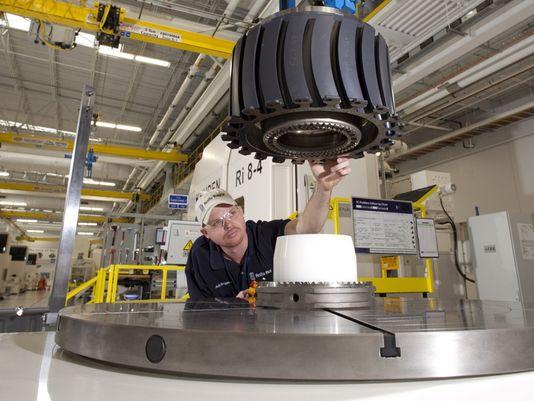WASHINGTON, Jan. 10 (Xinhua) -- The U.S.-China economic relationship nowadays supports roughly 2.6 million jobs in the United States across a range of industries, according to a new report released by the U.S.-China Business Council on Tuesday.
The report, based on the study conducted by Oxford Economics, said China has become the third-largest purchaser of U.S.-made products and services after Mexico and Canada, buying 165 billion U.S. dollars in goods and services in 2015 alone, accounting for 7.3 percent of all U.S. exports.
The report estimated that in 2015, U.S. exports to China directly and indirectly supported 1.8 million U.S. jobs, and U.S. investment in China supported another 688,000 jobs while Chinese investment in the United States supported about 104,000 jobs.
"When the economic benefits generated from U.S. investment in China and Chinese investment in the United States are combined, the total amounts to 2.6 million U.S. jobs," the report said.
As the size and purchasing power of the Chinese middle class continues to grow over the next decade, the report expected U.S. exports to China to rise to about 369 billion U.S. dollars by 2026 and more than 520 billion dollars by 2030.
The report noted the impact of U.S.-China trade deficit was frequently overstated as many of Chinese exports comprise foreign-produced components and the contribution of U.S. service exports to China is often overlooked when tallying the balance of trade.
"When these points are factored in, the U.S. deficit with China falls from 2 percent to just 0.8 percent of U.S. GDP -- less than the U.S. trade deficit with the European Union," the report said.
Chinese manufacturing products also helped lower prices of consumer goods in the United States, dampening inflation and putting more money in American wallets, according to the report.
"At an aggregate level, U.S. consumer prices are 1 percent-1.5 percent lower because of cheaper Chinese imports. The typical U.S. household earned about 56,500 dollars in 2015; trade with China therefore saved these families up to 850 dollars that year," the report said.
John Frisbie, president of the U.S.-China Business Council, said the U.S. presidential election last year presented a distorted view of the impact of U.S.-China economic relationship on the U.S. economy, and this report would provide a sound basis for such policy discussions.
"During last year's election campaign, the negative impact of trade with China, such as estimates of jobs lost, received considerable attention. In most cases, the presented data fails to provide a balanced assessment that incorporates the positive effect of the commercial relationship with China," Frisbie said.
"Presenting only the negative impact and ignoring the jobs created, lower inflation, and other benefits of trade with China can lead to policies based on incomplete or misleading information," he added.
The report came after U.S. President-elect Donald Trump has formulated a trade policy team that might take a tough stance against China. Chinese leaders have emphasized that cooperation is the only correct choice for the world's two largest economies.




 A single purchase
A single purchase









